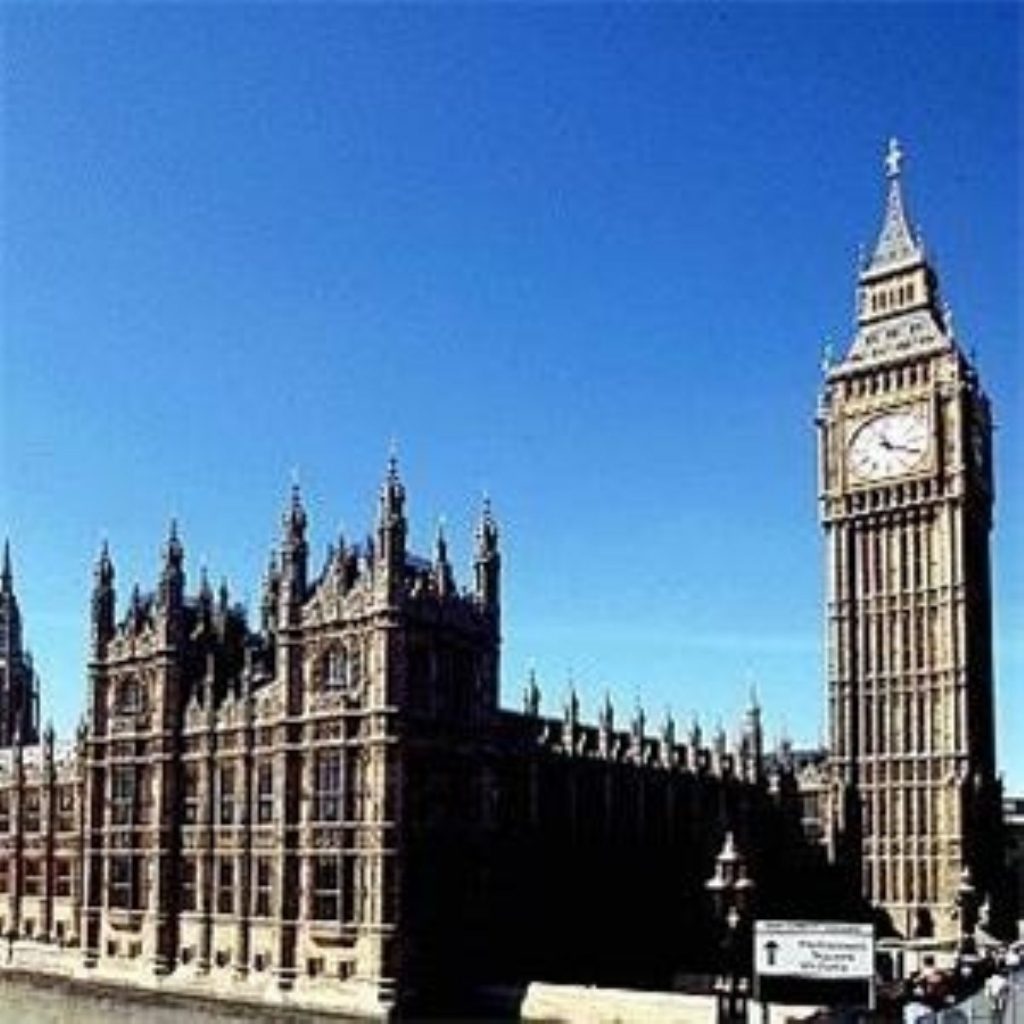PMQs as it happened
Welcome to politics.co.uk’s As-It-Happens page. Here you can keep up to date with major parliamentary debates, press conferences or news events in real time. Just hit refresh on your browser to see the latest development.
This event is now over but you can see how it happened below.
Mr Brown begins by announcing the deaths of British troops.
David Cameron stands to speak.


He asks the prime minister for his latest assessment on what is happening on Afghanistan, especially given the increase in suicide bombs and mines.
“We are seeing Iraqi-style tactics being used by the Taliban in Afghanistan,” Mr Brown responds.
He says his strategy is to deal with the insurgency, and train Afghan troops.
The question and response are both cordial – its traditional for the parties to err on the side of cooperation when talking about the deaths of UK troops overseas.
“Can he tell us what progress is being made in turning them [Afghan forces] into one single unified comand?” Mr Cameron asks.
Mr Brown says he is urging the Germans to help train the police, saying a “corruption-free” police force is a major priority. He stresses there are changes being made in the military commands but “we need to back up the civilian effort” as well.
Mr Cameron turns to Ireland’s vote. Much less cooperation here. Cameron urges the prime minister to consider the Lisbon treaty dead, to cheers from the Tory backbenches.
Mr Brown says he respects the Irish vote. But he also respects the European countries which have ratified it, and the Commons which voted to do so as well.
Cameron is coming down hard on this. He urges Mr Brown to allow a vote in the UK, once again.
Brown points to the amount of trade the country does with the EU.
“The Irish people have said no. Which part of no doesn’t the prime minister understand,” Mr Cameron responds. “If the prime minister wants to hear a British view why doesn’t he ask the British people?”
Mr Brown makes a comparison with the Maastricht treaty, to jeers from the opposition benches. “This is not a position of principle. It is opposition for opposition’s sake, yet again.”
“Instead of going on about John Major why not supply some leadership?” Cameron says.
“I know the prime minister wants to live in the past but why can’t we learn from the past?” he continues.
Cameron’s making mince meat of the Labour contradictions on the EU constitution. He says he’s seen more spine and leadership from a bunch of jellyfish.
“If he wants to lead his party why is he being led by the banckbencher anti-Europeans,” Mr Brown responds.
It doesn’t work. By the time Cameron has to sit down the Tories are shouting: “More! More!”
Peter Hain, the veteran anti-aparthied campaigner asks Gordon Brown to call on Mugabe to recognise the previous vote and leave office.
Mr Brown, it goes without saying, takes a harsh line on Zimbabwe.
Nick Clegg stands to speak. He adopts fuel-poverty as his line of attack, pointing to subsidies for fuel companies while old people suffer in fuel poverty.
Mr Brown questions his facts and reiterates how determined he is to help vulnerable people.
“I’m not sure he understands the pressure people are under,” Mr Clegg says. “Will he compel British eneregy companies to insulate homes and force them – force them – to offer their best prices to their poorest customers?”
There are more questions about Mugabe, with some in the House suggesting the UN is not doing enough. Brown denies this.
Another MP condemns South Africa for not taking a stronger stand against Mugabe.
A Tory asks the prime minister, rather cheekily, how he think the UK would vote if there was a referendum on the EU treaty. Mr Brown dodges the question.
A disasterously executed question from a Labour MP asks Mr Brown a question about DNA databases and CCTV. It allows him to do a little speech about how successful it all is and attack the David Davis resignation.
“I suppose the leader of the opposition will go to offer his warm personal support to the candidate,” Mr Brown jokes.
Not as funny as the next question. “Why are there always so many strikes at the end of a Labour government?” a Tory asks.
Ann Winterton stands up to say three cheers for the Irish. It would have been more effective if she hadn’t been found to breach rules on expenses earlier today.
Labour are in jubilation. No-one stops talking while she speaks. The fact she urges the government to follow the rule to kill the treaty after one rejection is mercifully left alone by Mr Brown, who must have been tempted to make a joke about exactly how loyal she is to the concept of rules.









